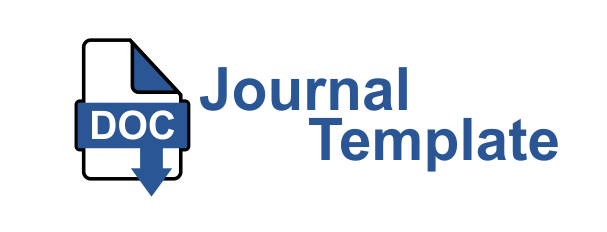Effective Communication Technique Training for Family Planning Cadres in Panggungharjo Village
Abstract
Communication is the most important key to building a good relationship between everyone. Delivering messages orally or in writing expects someone to be able to read or hear what is being said correctly. Effective communication is highly dependent on a person's skills in sending and receiving messages. The purpose of this community service is to improve the ability of cadres to communicate effectively to support their duties as family planning cadres. Implementation of activities by providing material on effective communication to 50 cadres in Panggungharjo Village using lecture, question and answer methods, and roleplay, using LCD Projector and Power Point media. Many participants asked questions related to effective communication techniques to solve problems and obstacles encountered in the field when providing communication, information, and education (CIE), as well as when motivating couples of childbearing age to use contraception. Effective communication training that explains the meaning, purpose, benefits of communication and barriers to communication can improve the ability of cadres to communicate effectively.
Downloads
Copyright (c) 2021 Retno Heru Setyorini, Andina Vita Sutanto

This work is licensed under a Creative Commons Attribution 4.0 International License.
Authors who publish with this journal agree to the following terms:
- Authors retain copyright and grant the journal right of first publication with the work simultaneously licensed under a Creative Commons Attribution License (CC-BY) that allows others to share the work with an acknowledgment of the work's authorship and initial publication in this journal.
- Authors are able to enter into separate, additional contractual arrangements for the non-exclusive distribution of the journal's published version of the work (e.g., post it to an institutional repository or publish it in a book), with an acknowledgment of its initial publication in this journal.
- Authors are permitted and encouraged to post their work online (e.g., in institutional repositories or on their website) prior to and during the submission process, as it can lead to productive exchanges, as well as earlier and greater citation of published work (See The Effect of Open Access).











